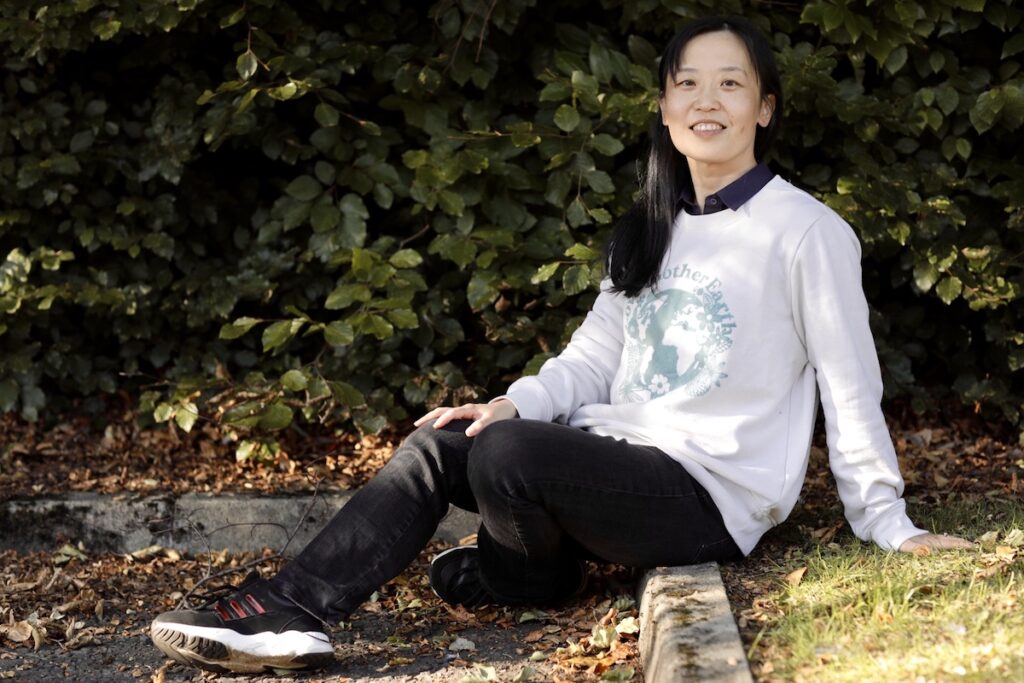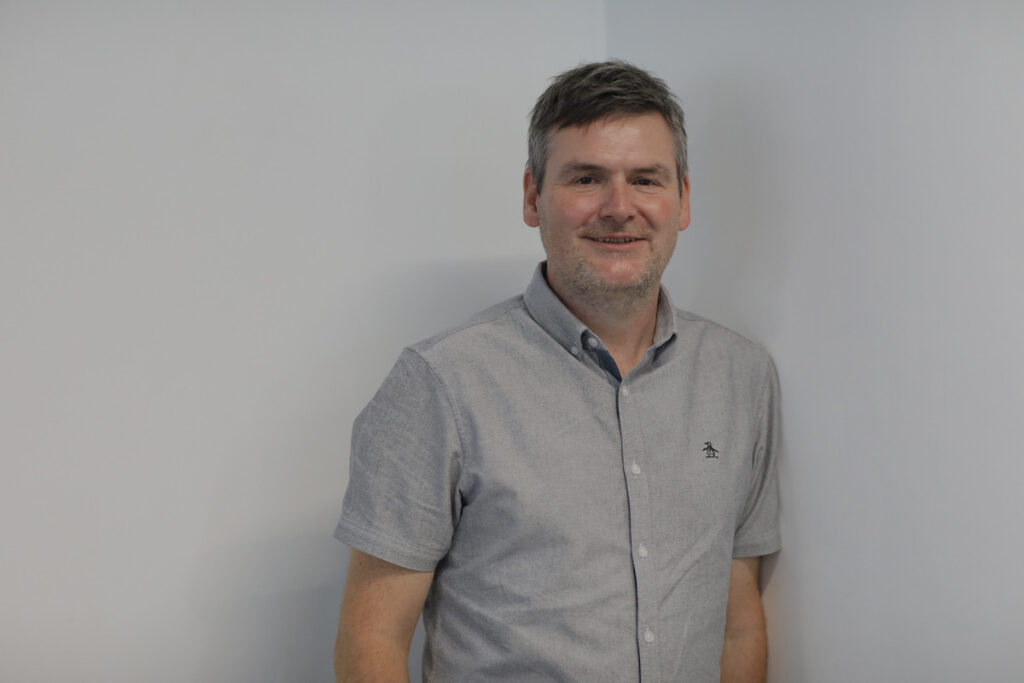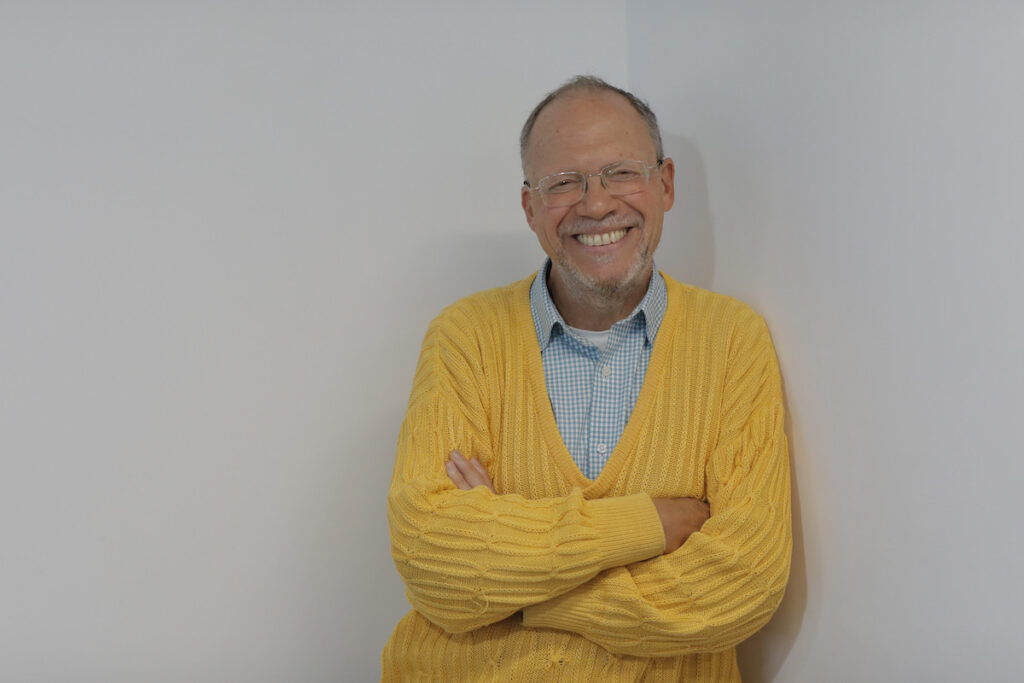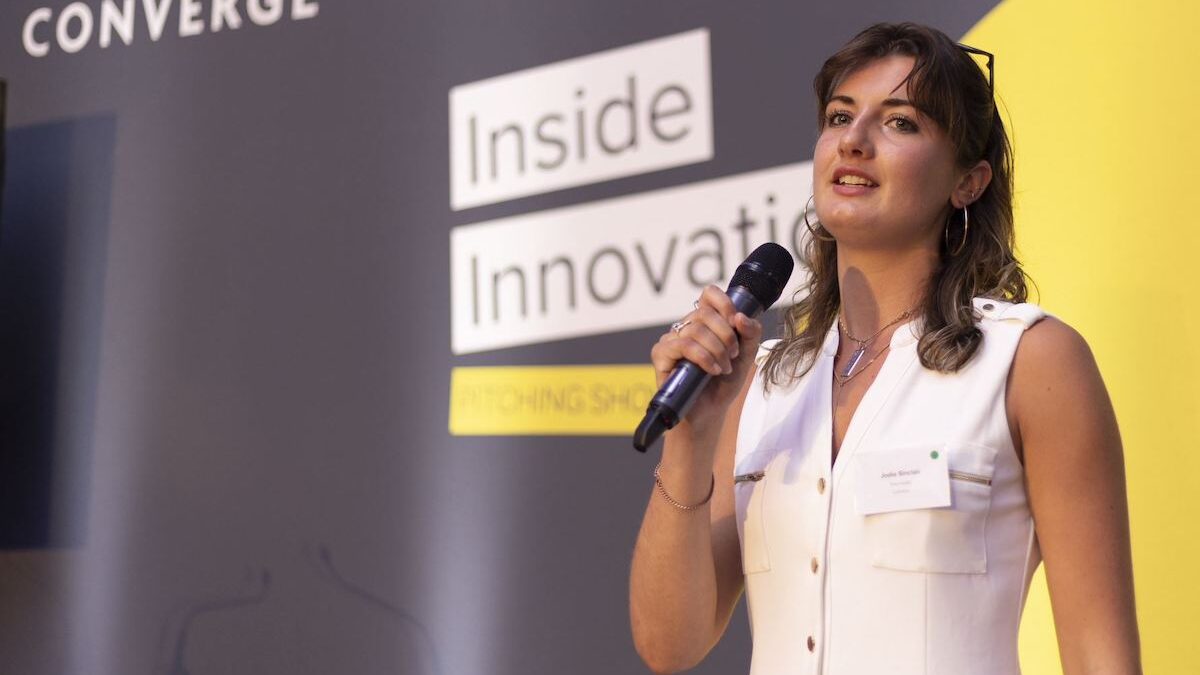Some of the UK’s most innovative ideas have come out of Scotland’s university sector. It is a rich catalogue of products and services that improve lives and safeguard our planet.
Helping grow these bright ideas from academia and turn them into successful, sustainable businesses is Converge. The company creation programme supports Scotland’s university staff, students and recent graduates on their entrepreneurial journey.
Claudia Cavalluzzo, executive director at Converge, said: “Scotland’s world-class universities continue to be brilliant hotbeds of innovation and creativity. More than 600 entrepreneurs have gone through the Converge programme since 2011 and over half of them have started companies which are growing and having a positive impact on Scotland and beyond. Based on an independent economic report commissioned in 2019, they generated £21.5 million gross value added and supported 524 jobs in Scotland.”
There are four challenges in the programme which is designed to springboard new businesses through intensive business training, networking, one-to-one support, equity-free cash prizes and expert advice from industry experts.
Under the Converge banner, the four challenge categories are:
- The Converge challenge is open to high-calibre, innovative projects with serious growth potential. It looks for ground-breaking ideas.
- The Net Zero challenge is designed to support Scotland’s efforts in becoming a carbon neutral nation by 2045. It welcomes projects that can deliver maximum impact for Scotland’s net zero goal.
- The Create Change challenge is for “social shakers” and “creative thinkers” looking to change the world for the better.
- The KickStart challenge is a first step towards commercialisation for early-stage business ideas. It is designed to test the robustness of ideas, equip entrants for the realities of entrepreneurship and prepare them for the more advanced challenge categories.
Previous winners of the challenges have included Novosound, which won the Converge category in 2017 for its technique for the mass-production of printable ultrasound lasers, and Current Health, which won the 2014 KickStart prize for an AI-enabled wearable which monitors patients remotely.
The latest programme is coming to a climax with the 2022 prize winners revealed on 3 November. There are 28 finalists competing for more than £300,000 of equity-free funding and startup support.
Competitors have been on a journey since they submitted their application forms in the spring, with business training, pitch coaching and competitions honing practical, hands-on skills for the contenders as they progressed through the programme before facing the scrutiny of the judges.
“The judges who reviewed this year’s cohort’s business plans believe that these emerging entrepreneurs are leading projects with real market potential and the power to strengthen our economy while creating a fairer future for all,” said Cavalluzzo.
“The promise for all these 28 fledgling companies is huge, and the Converge team will be right behind them in championing their ground-breaking ideas.”
For the prestigious Converge challenge, the final test was Spotlight on Innovation, a special, investors-only event at Scotland House in London on 13 October. All six finalists pitched their ground-breaking ideas live on the night.
Organised in collaboration with Scottish Development International and featuring an address from the Scottish business and enterprise minister, Ivan McKee, the event was designed to enable UK-wide investors to see the very best innovation and entrepreneurship emerging from Scotland’s universities.
Xiaoyan Ma, Danu Robotics, University of Edinburgh


Currently all recycling sites from around the world are hiring people to sort out waste and pick out contaminants such as nappies and plastic bags. This manual process can pose significant health risks to personnel and is profoundly inefficient.
Danu Robotics is developing an advanced and sustainable robotic system to automate this manual process with much greater speed and accuracy. The technology can not only help to clean up the environment, eliminate landfill and accelerate the achievement of a circular economy, but also can help customers to become a more profitable and sustainable business through digitisation and automation.
Craig Stevens, PlusPEP, Edinburgh Napier University


“No cure for the common cold?” After two years socially distanced, exposure to rhinovirus, the primary cause of the common cold is low and, as the impact of the Covid-19 pandemic reduces, people will again be challenged by circulating viruses, which are typically responsible for 26.1 million sick days in the UK. Patent pending and with in-vitro proof of concept demonstrated against rhinovirus, PlusPEP®, promises to be Scotland’s first “antiviral, immunity boosting pill”.
Exported globally, selling direct online or through pharmacies and supermarkets, PlusPEP aims to have a first product launch into the $29 billion global immune health supplements market in 2025.
Rebecca Goss, University of St Andrews


X-Genix provides molecular-X-factor. More than 20 per cent of pharmaceuticals and 80 per cent of agrochemicals share a simple feature: they contain carbon-halogen, for example, chlorine (C-X) bonds.
It is C-X that makes these pharmaceuticals effective, easier to administer, and provides a molecular “clip,” (akin to Lego buttons), used for complex molecular assembly.
The ability to selectively make C-X bonds is essential to these industries. However, current synthetic halogenation approaches lack selectivity, use toxic chemicals, are wasteful and expensive. X-Genix installs molecular X-factor using cheap, non-toxic salts and enzymes. Partnering with industry it delivers disruptive approaches to C-X bond formation that are green and sustainable.
Emanuele Trucco, Eye to the Future, universities of Dundee and Edinburgh


Eye to the Future (EttF™) is a planned spin-off from the universities of Dundee and Edinburgh. It builds on 20 years of joint research/expertise on retinal image and data analysis, augmented by a two-year commercialisation exercise to scope the market and identify real needs.
The project has been supported by two phases of Scottish Enterprise High Growth funding.
A clear, precise market need has been identified for optometrists across the world to be able to diagnose more efficiently and refer patients with eye conditions to secondary care, or manage them in a community setting. The software product addresses this need.
Jodie Sinclair, Theo Health, University of Dundee


Through a patent-pending smart-clothing and app, Theo Health is bridging the gap between physical injury and mental wellness. Compression shorts include muscle sensors and provide real-time feedback, allowing muscle development to be measured, tracked and analysed, even before progress is physically visible. Providing motivation and accountability for users, physiotherapists can see their clients’ progress all from one platform, accessible at any time and from any place. Theo can be used across multiple muscle groups and for fitness development – it will revolutionise the way that people train and recover from injury.
Ross Gillanders, Lightwater Sensors, University of St Andrews


Lightwater Sensors answers the critical need across the planet for real-time water pollution
detection.
A hand-held portable system with supporting digital platform that can be deployed in waterways can save time and money for monitoring the cleanliness of water and reduce the impact in responding to a pollution event.
Drinking water is a major focus for this technology, and water quality is of significant interest to industries including food and drink, agriculture, mining, power generation, oil and gas, and reduces public health risks caused by pollution.




